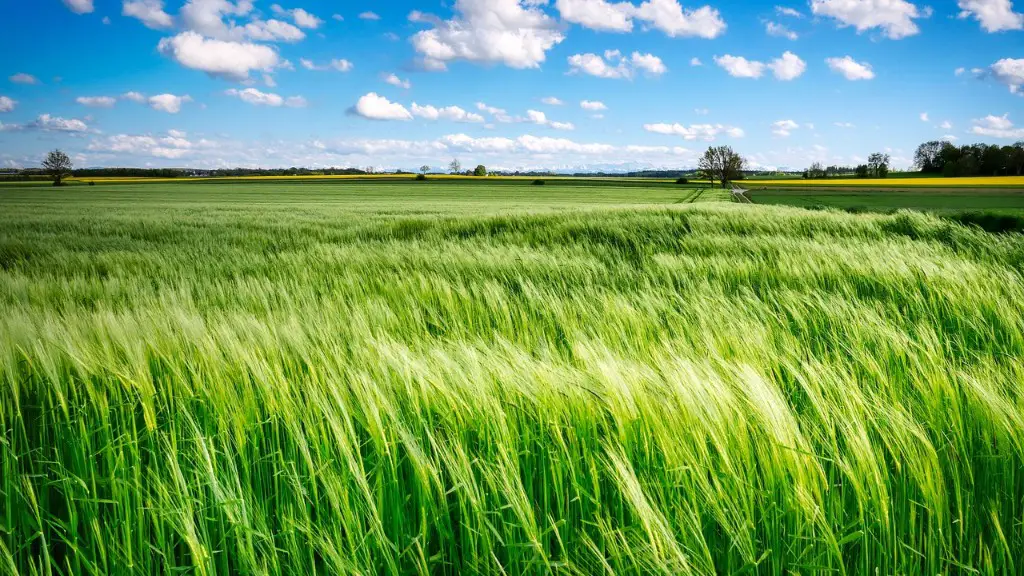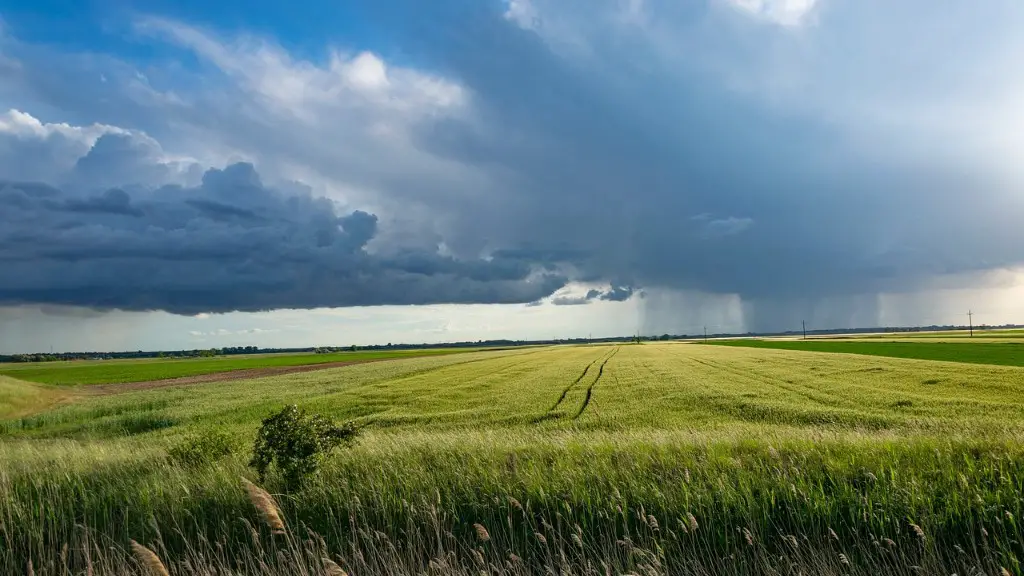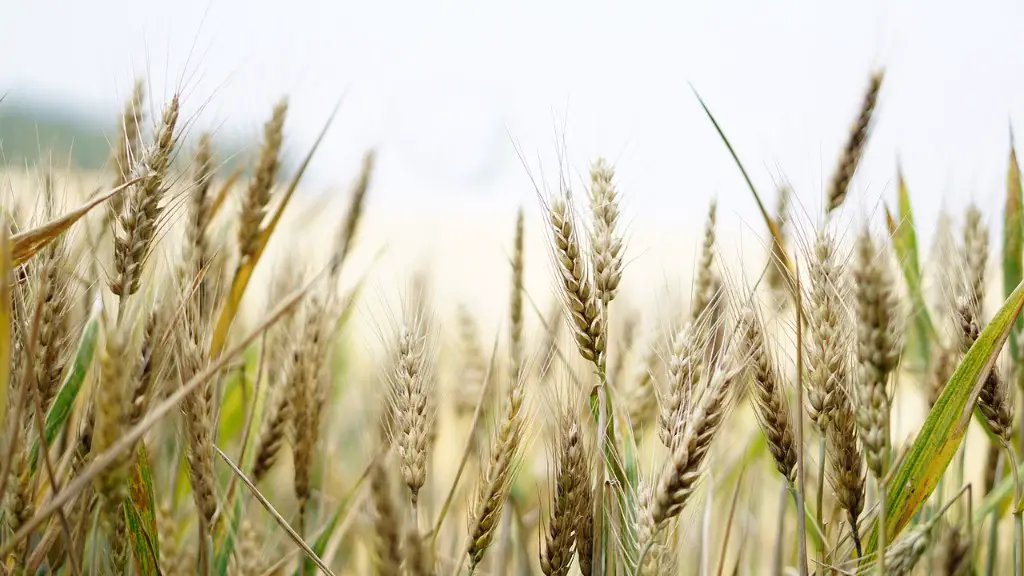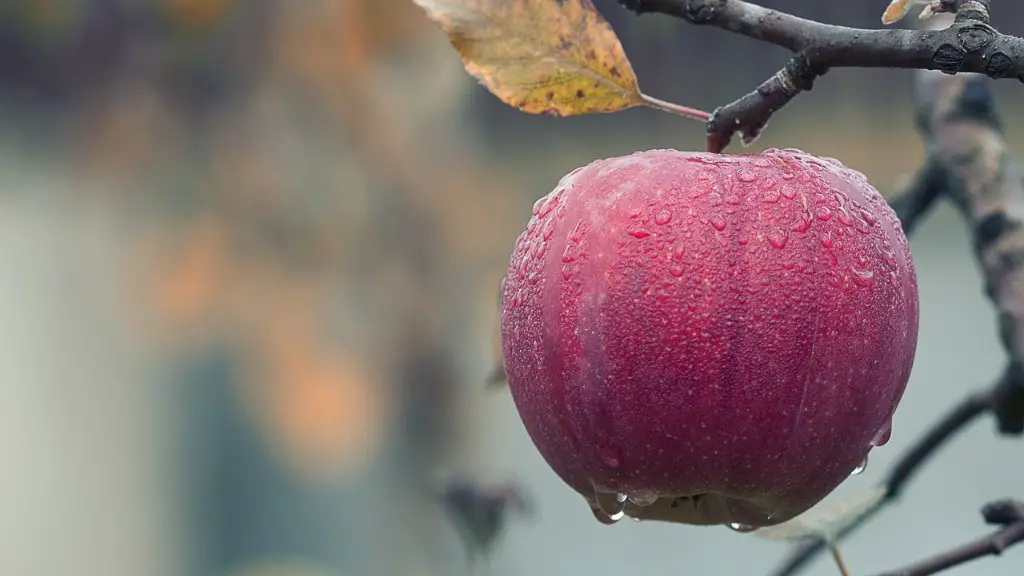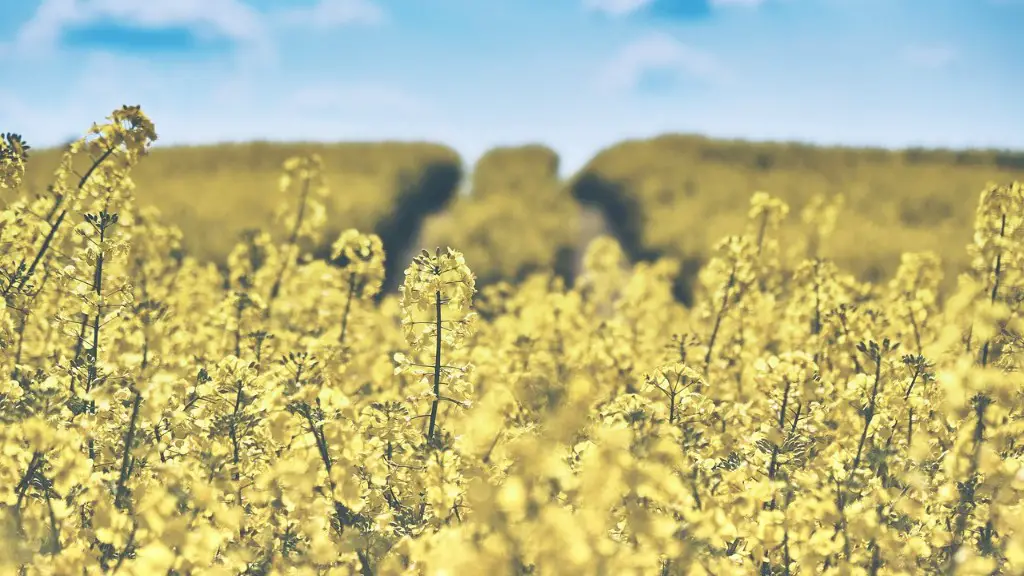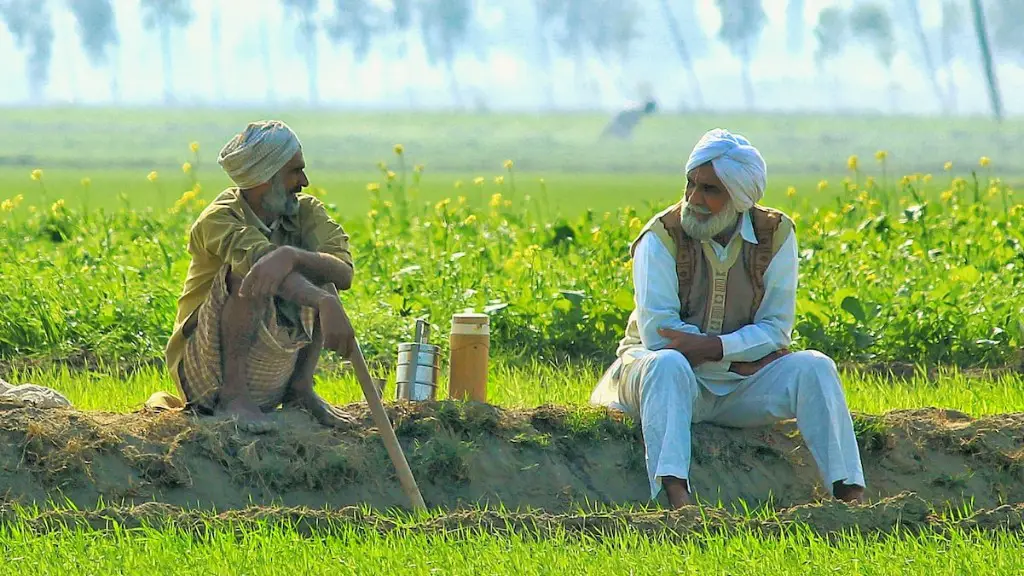Agriculture is a highly regulated industry, and it is essential for any aspiring agriculturists to understand the process of how to obtain an agriculture license. For starters, applicants must first visit the website of their local state department or bureau of agricultural licensing. This website will provide guidance on the specific requirements for a permit.
Applicants must also complete an official online application form and submit relevant documents as part of the application process. Generally, the documents required include proof of identity, proof of education, and proof of agricultural experience. Depending on the applicant’s specific qualifications, some states may require additional evidence or documentation.
When the application is successfully completed, the applicant can then submit the form to the relevant state department or bureau, either electronically or in hard copy. The office will review the application and decide whether or not to grant the license. This process can take several weeks or even months, so it’s important to apply promptly and remain proactive with follow-ups.
If the license is granted, applicants will need to pay all applicable fees. In some cases, a security bond may also be required. The duration of the license varies from state, but all valid licenses must be periodically renewed and updated.
In the event that the license is denied for any reason, applicants should not be discouraged. Most jurisdictions offer a transparent dispute resolution procedure, wherein applicants can appeal a rejected license and provide further clarification or evidence.
Lastly, it is essential for any applicant to adhere to the specific regulations and laws stated in their jurisdiction. Failing to do so can lead to legal ramifications, including fines or suspension of license.
Education Requirements
Various states have different education requirements for those wanting to obtain an agriculture license. In most cases, applicants must have a diploma or degree in agricultural sciences and a record of supervised experience in the field of agriculture. In most cases, proof of experience and qualification must come from an officially recognized school, college, or university.
Aspiring agriculturists without a degree in agricultural sciences will still have to meet the experience requirement. In these cases, applicants may attend an agricultural program in order to gain the necessary experience. Such programs are available in universities and vocational schools throughout the country.
It is also important to note that some licensure regulations may require specific additional certifications or qualifications. These requirements may defer from one state to another, so it is essential for applicants to do their own research in order to remain in compliance with local regulations.
Apart from education, applicants will also have to provide evidence of good moral character. This includes being free from convictions involving theft, deceit, fraud, or dishonesty.
When all relevant documents are in order, the applicant will have to submit them to the appropriate state agency. Once the license is granted, the holder can then legally pursue agricultural activities in the given geographical area.
Inspection Process
Once an applicant acquires an agriculture license, they must adhere to all laws and regulations set by their local government. Failure to do so can lead to fines or loss of license.
To ensure compliance, authorities conduct regular sites visits to inspect the applicant’s work area. During this process, the inspector will look for the absence or presence of certain hazardous materials and toxic substances, as well as any issues that could affect the environment or public health.
The inspector will also research the applicant’s crop plans and assess the operation’s safety. Applicants must provide detailed information about their operation and submit relevant documents such as insurance papers and identification papers.
In the event that the inspector finds any discrepancies in the applicant’s operations, the applicant could be liable for disciplinary action, so it’s important to abide by all state laws and regulations.
The inspector will also offer advice on how to increase productivity, as well as answer any queries the applicant may have about their operations.
Fees and Renewal
Once an applicant succeeds in obtaining an agriculture license, they are then obligated to pay an annual license fee. The exact fee varies from one state to another, so it is advisable to check the requirements beforehand.
Additionally, all licenses must be periodically renewed in order to remain valid. Generally, this process is straightforward and simple, requiring just a few clicks on a website or a few phone calls.
It is important to note that some licenses require more frequent renewal than others. Generally, licenses that involve fruit and vegetable cultivation require more frequent renewal due to their perishability.
In most cases, license renewal is available at the same website or office where the application was filed. The entire process usually takes under an hour, with the applicant usually required only to provide paperwork and proof of continued experience.
Licensing Limitations
It is important to note that agriculture licenses are issued in a limited geographical scope. This means that a given license is only applicable in a certain state or area. This makes sense as local laws will often differ from one jurisdiction to another.
Additionally, a single license may never be applicable for different types of activities. For example, a license for fruit cultivation may not be valid for livestock farming, and vice versa.
In the event that an individual holds a license for a certain type of agricultural activity and wished to expand their operations to other activities, they would have to apply for a separate license.
For those looking to pursue agricultural activities in another state, they must apply to the relevant state department or bureau and demonstrate compliance with local laws.
It is also important to note that not all agricultural activities provide access to federal programs. This usually depends on the kind of entitlement and the crops being grown.
Conclusion
In conclusion, getting an agriculture license is a complex and sometimes lengthy process, but it doesn’t have to be intimidating. Applicants should conduct thorough research of their local regulations, provide all the necessary documents, and ensure proper fiduciary compliance. This way, applicants can ensure that their license remains valid, legal, and in good standing.
